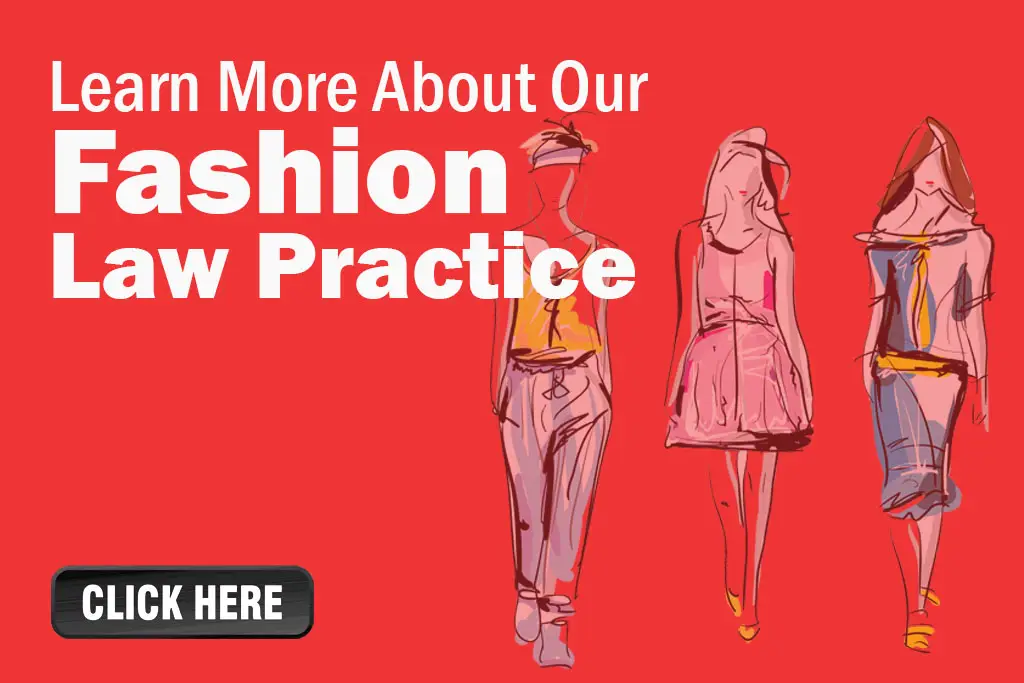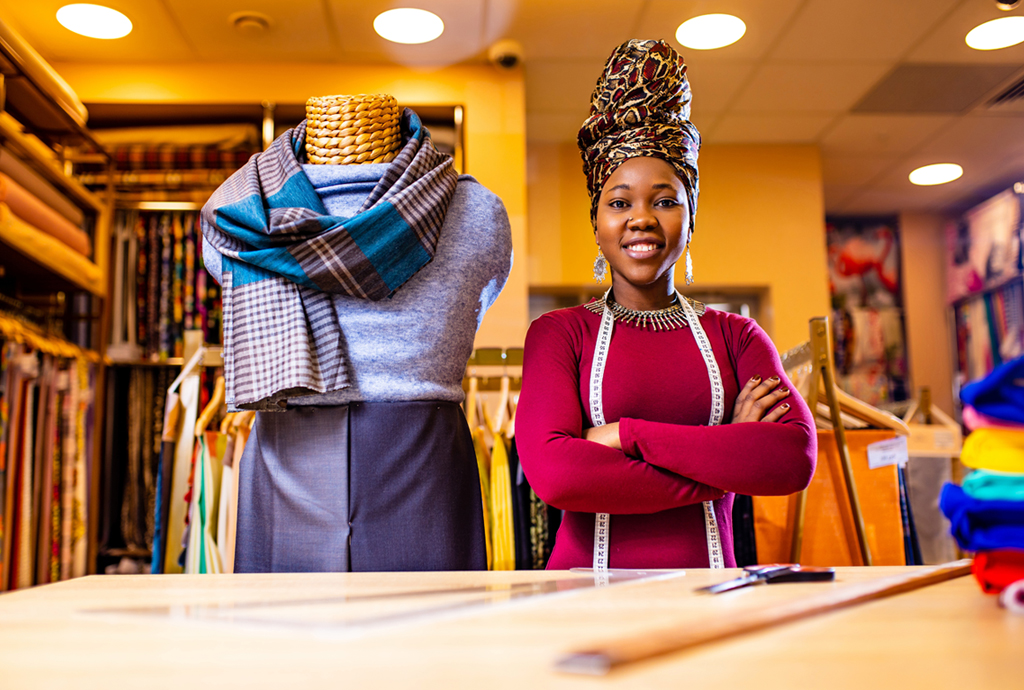My Fashion (Legal) Odyssey: Part 5
Why Fashion Brands and Companies Succeed and Why They Fail

Starting out.
As I mentioned in my third article, I attended the first WWD summit in Scottsdale, Arizona. Bud Konheim, longtime President of Nicole Miller, led one of the breakout sessions at that summit. He began his talk by reading a list of well-known fashion brands. They had one thing in common—they had all ultimately failed and were gone from the fashion scene. I think that list both shocked and surprised the attendees. Who would have thought that the noted well-known brands would have disappeared? Bud went on to talk about the reasons that brands fail. At the same time, the brand he founded with Nicole continued to enjoy great, long-term success, which it has done to this day.
The questions posed by the title of this article are critical ones. The answers to these questions are somewhat different at the different stages of the life cycle of a brand and a company. I am going to consider these questions both from the standpoint of fledgling businesses and those that have reached some level of success.
There are both common factors and different ones for success and failure at different stages of a brand’s business life.
I will address this topic in two articles: a) starting out; and b) growing and sustaining your fashion brand.
Here are some vital points and questions to consider in launching a fashion brand or company:
- Do the new brand’s founders have both fashion business operational and creative experience and talent? My most successful clients have answered that question with a resounding yes. On the other hand, I’ve represented some very talented designers who chose, perhaps sometimes by necessity, to wear both creative and managerial hats, which dual roles clearly limited the growth of the company.
- Is the new brand filling a product niche that is not getting serviced well or that the new brand can service better? The founders of the new brand must really do their homework and get as much feedback as possible about this point
- How will the new brand create an emotional connection with the consumer? In that regard, what are its website and social media plans? The new brand must first identify its target customer. After doing so, the new brand must convince its customers that it gets their taste and interests. FUBU, For Us By Us, years ago did just that when it was launched. The founders said we understand you because we are you!
- Are the products properly priced both to garner consumer sales and to yield a sufficient profit to the company? The new brand should get good advice from knowledgeable industry experts and accountants on this most basic issue.
- Is the new brand establishing the proper legal foundation for its business? Choosing and protecting the brand’s trademark is crucial. The new company must perform a trademark search through competent counsel to determine availability of the brand for registration and then apply to register the brand as a trademark in the U.S. and other brand- appropriate jurisdictions. The founders must form an LLC or corporation both to operate the business and hold its intellectual property (it is best to set up two entities in this regard). Lastly, the founders should enter into a shareholders agreement or operating agreement to try to avoid future disputes among the owners. These documents are akin to a business prenuptial agreement. At this juncture, I should not be shocked, but I still am shocked, about the number of startups that don’t get the legal foundation right.
- Do the founders “get along”? If they don’t, they shouldn’t go into business together.
- Does the new brand have an effective professional team that is fashion industry knowledgeable for legal, accounting, and social media/pr matters? Without such a team, the new brand may make errors that can sink its business or inhibit its growth.
- Has the new brand developed a good business plan to move its business forward, including a good set of financial projections to chart out the brand’s financial future? Does the brand have the money to carry out at least the first year of that plan?
- Is the new brand relying on a celebrity to catapult it into success? That reliance can be a double-edged sword. Especially in today’s celebrity-driven world, a celebrity brand owner or ambassador can help jump start the business and foster an emotional connection with the consumer. However, overreliance on a celebrity can cause the brand to flounder if the celebrity is unable or unwilling to continue to promote the brand, or if the luster of the celebrity is tarnished.
- My last point is a suggestion and not a question. Be an opportunist in the good sense of that word. Be nimble enough to take advantage of opportunities that come your way. Bud Konheim espoused and followed this principle. After he saw that Nicole Miller ties were selling well in the company’s Madison Avenue store, he launched an iconic, fun tie business. I still have one of those ties in my closet.
Companies and brands that don’t check most of these boxes may fail.
To be continued…
My Next Article: Growing and Sustaining the Brand
Meet the Author
Charles Klein, Esq. Charles Klein is a partner and chair of the Fashion Law Group of Davidoff Hutcher & Citron LLP, a mid-size, midtown Manhattan law firm. DHC has been helping clients solve challenging problems since 1975.
Although he handles a wide variety of business law matters for clients, Mr. Klein’s practice is particularly focused on the fashion, accessories, and home industries, where he helps his clients build their businesses, obtain protection for their intellectual property, protect their brand assets, and negotiate their license agreements and other contracts.




